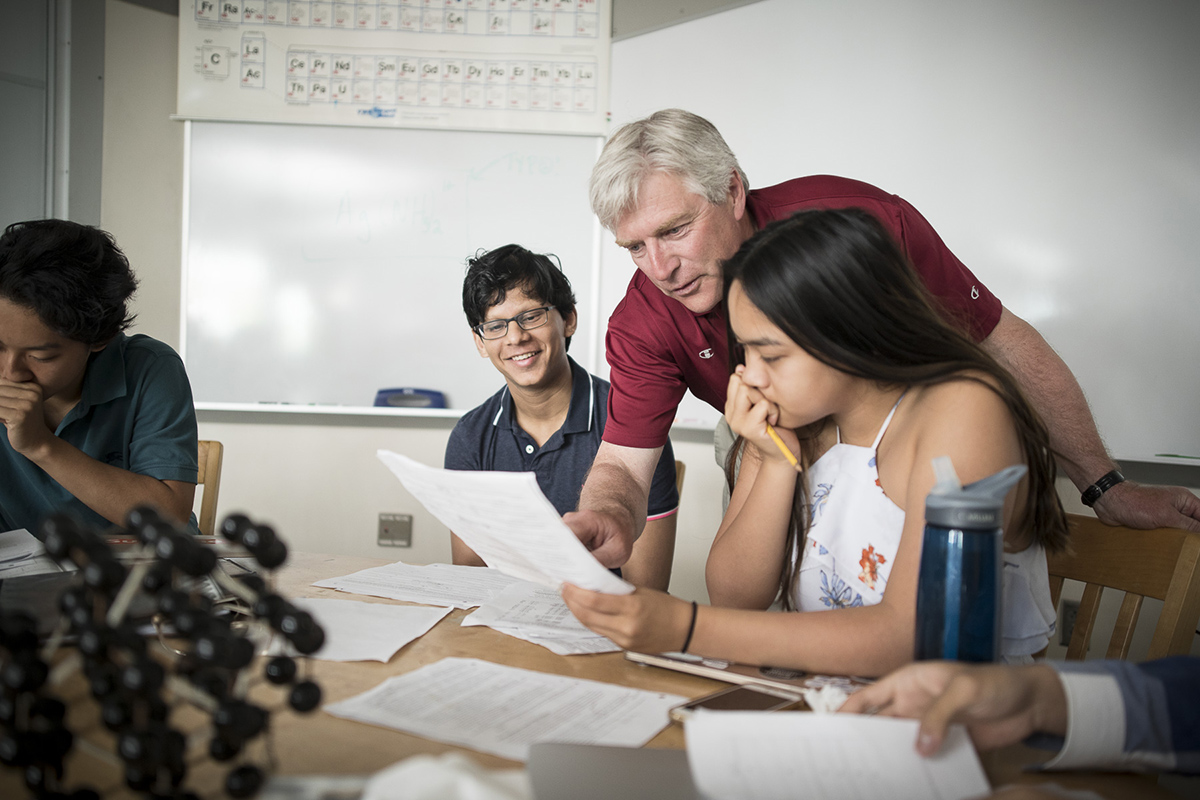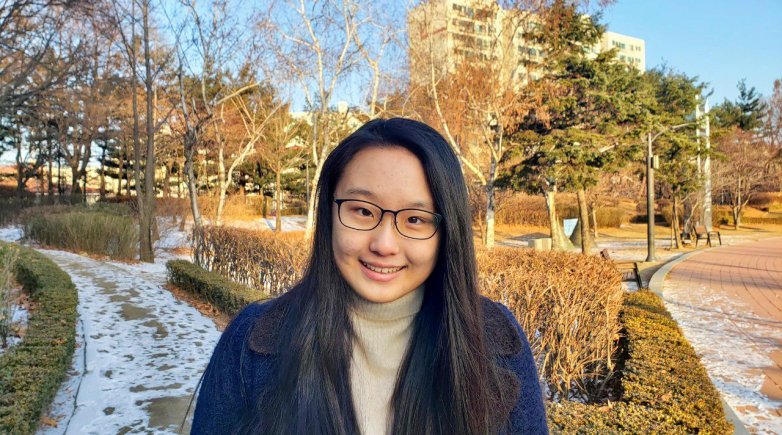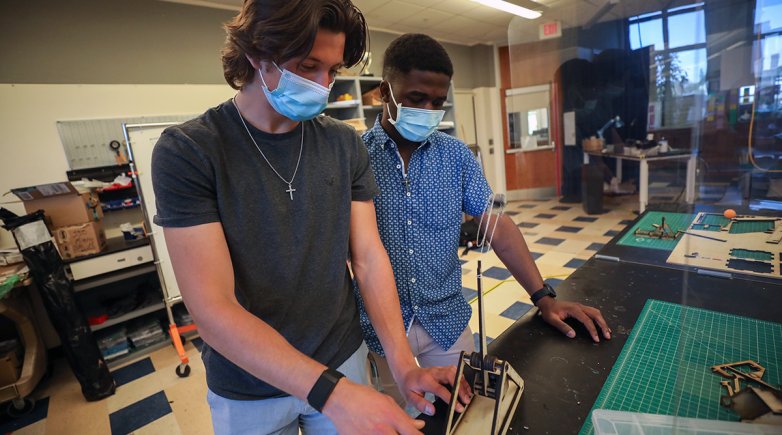Science Department update
Whether it’s a robot, a wooden puzzle or a PVC T-shirt launcher, there’s not much that can’t be built in Exeter’s Design Lab, a makerspace in the Phelps Science Center. Often filled with young creators, the makerspace is key to preparing young scientists for an ever-connected world and incorporating design thinking into the curriculum. “We have a huge opportunity to make the Design Lab more integrated into our science classes,” Chair of the Department of Science Albert Léger says. “Students could study an organ in biology, learn how it functions by writing code in computer class, then build it in the makerspace using a 3D printer.
An instructor at Exeter since 2006, Léger graduated from Harvard University, received a master’s degree from the University of New Brunswick and a doctorate from Johns Hopkins University. He was named chair of the Department of Science in 2020 and has been the head coach of the boys crew team since 2015.
Léger sees Design Lab projects as a way to break down barriers between scientific sub-disciplines, offering students greater opportunities to be, say, a biochemist or geochemist, instead of specializing in only one discipline. “We want students to be agile and use their background knowledge to make these connections,” he says. Another priority is integrating equity, inclusion and social justice topics in science lessons. “As a department, we’re thinking about how to teach science in ways that invite everyone to the process of making science and opens students’ eyes to what’s happening in the world,” Léger says.


